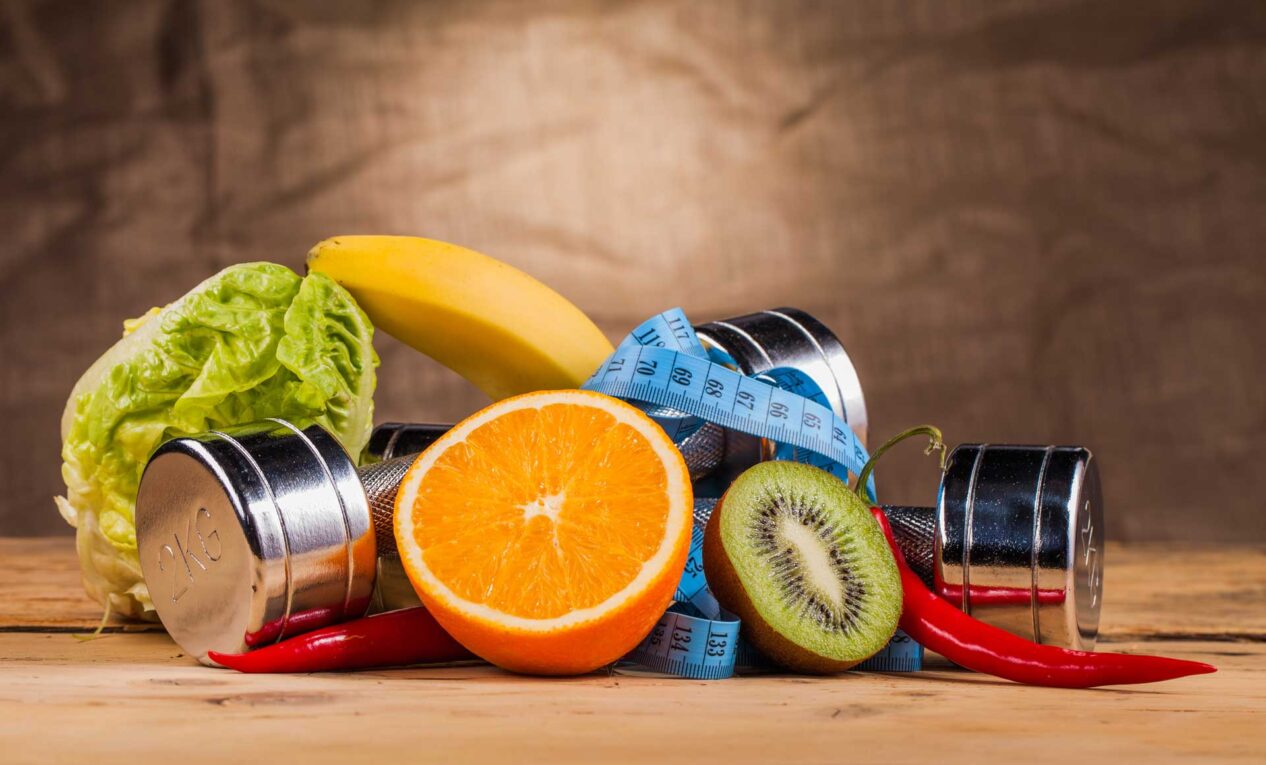The field of sports nutrition has developed significantly in the past few decades with new research constantly emerging about the optimal foods, supplements and hydration strategies for athletes of all levels. A thoughtful sports nutrition plan is essential for supporting an individual’s training program and maximizing performance.
Carbohydrates – The Primary Fuel Source
Carbohydrates are the primary fuel source for athletes and should make up the bulk of calories consumed each day, particularly in the days leading up to competition or an intensive training session. Carbohydrates are digested and absorbed quickly by the body, providing a readily available source of glucose to working muscles. Athletes should focus on high-carbohydrate foods like fruits, vegetables, grains, legumes, dairy and starchy vegetables. For intense training sessions or events lasting over 90 minutes, carbohydrate intake in the form of sports drinks or gels during exercise can help maintain blood glucose levels and performance. In general, athletes should aim to consume 5-10 grams of carbohydrates per kilogram of body weight each day with even higher intakes for those training multiple times per day.
Protein – Important for Recovery and Adaptation
While carbohydrates are key during exercise, protein helps drive recovery and the adaptation process. Protein provides the amino acids needed to repair and rebuild muscle tissue damaged during training. Endurance and strength athletes alike should consume moderate protein with each meal, with intakes ranging between 1.2-2.0 grams per kilogram of body weight daily depending on training volume and intensity. High-quality protein sources that contain all essential amino acids like animal products, eggs, dairy and plant-based alternatives like soy, lentils and nuts are recommended. Timing protein intake strategically before and after workouts has also been shown to aid in muscle protein synthesis.
Hydration – Critical for Performance and Safety
With increased sweat rates during strenuous exercise, staying properly hydrated is crucial for athletes. Dehydration of just 1-2% of body weight can negatively impact endurance performance. Water is typically the best choice to replace fluid losses during and after activity. For workouts lasting over 60 minutes or events in hot conditions, sports drinks that contain sodium and carbohydrates are a suitable way to replenish electrolytes and fuel working muscles. Athletes should drink enough fluid to keep urine a pale yellow color. Careful hydration is also important on non-training days to ensure adequate fluid reserves before bouts of intense exercise.
Pre-Workout Nutrition
What an athlete eats in the hours and days leading up to exercise can greatly impact performance and recovery. Three to four hours prior to activity, a carbohydrate-rich meal high in fiber is recommended for digestive comfort with adequate time allowed for digestion. One to two hours before exercise, a smaller snack containing easily digested carbohydrates and some protein can help avoid hunger and low blood sugar levels during exertion. Common pre-workout fueling options include bananas, yogurt, nut butter on toast, oatmeal or sports bars. Timing pre-workout hydration correctly is also key to avoiding gastrointestinal distress.
Supplementation Strategies
Certain evidence-based supplements can provide added performance or recovery benefits for athletes in addition to a nutritious whole food-based diet. Creatine monohydrate is effective for boosting high-intensity exercise capacity and lean body mass when combined with strength training. β-alanine supplementation has been shown to enhance exercise capacity and power output. Whey protein is a high-quality protein source that enhances muscle protein synthesis rates. Multivitamins provide insurance against nutrient deficiencies. Other supplements like branched-chain amino acids, cinnamon extracts, beetroot juice and caffeine have ergogenic properties for certain athletes as well but require cautious usage within training guidelines. A registered Sports Nutrition dietitian can help craft an individualized supplementation strategy when needed.
Nutritional Needs of Different Athletes
While all athletes require carbohydrates, protein, fluids and micronutrients from a varied diet, nutritional needs differ based on the type, frequency and intensity of training. Endurance athletes who regularly train for over an hour benefit from very high daily carbohydrate intakes of 6-10 grams per kilogram. Strength and team sport athletes with high muscle turnover rates need slightly more protein at 1.6-2.0 grams per kilogram. Events that take place in hot conditions, such as soccer or basketball, pose extra hydration and sodium replacement challenges. Athletics with weight classes like wrestling or boxing emphasize gradual weight loss through a calorie-controlled diet. Consultation with an expert ensures sports nutrition plans cater to individual sport demands.
Micronutrient Considerations
In addition to macronutrients, athletes require adequate intake of vitamins and minerals to support immunity, recovery and biochemical processes related to training. Common deficiencies can impair adaption and increase injury risk. Athletes who restrict calorie intakes to “make weight” in certain sports are at especially high risk. A multivitamin can prevent shortfalls related to limited food choices or increased needs. Bone health is critical for runners and jump athletes, necessitating vitamin D, calcium and magnesium. Iron is important for endurance athletes who lose iron through sweat at a high rate. Antioxidant vitamins A, C and E with selenium help reduce exercise-induced oxidative damage. Zinc supports immune function and protein synthesis. A balanced sports diet with fruits and vegetables and whole grains ticks all the micronutrient boxes for athletes.
Developing sound nutrition strategies around macronutrients, hydration, pre-workout fueling, supplementation when required and micronutrient status supports athletes to maximize training adaptations safely and consistently. Training diets must provide adequate calories, carbohydrates, protein and fluids while accounting for individual energy needs and sport demands. Appropriate application of sports nutrition principles ensures competitions and performances are never compromised by poor fueling choices. With diligent implementation, athletes can rely on good nutrition as a competitive advantage.
*Note:
1. Source: Coherent Market Insights, Public sources, Desk research
2. We have leveraged AI tools to mine information and compile it

